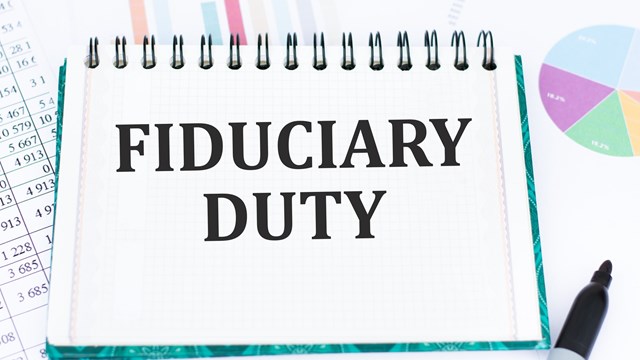
Q. I was a member of our three-person association condo board for about one year. I resigned after I realized the other two people were having secret meetings and making decisions without my input, and bringing their two-to-one vote to the full board meetings.
Fast forward to this year. They recruited another person to the board (without telling any member) who apparently also colluded with them to do things without member approval. Examples of these things are:
• Contract and complete capital repairs exceeding $10,000 without member approval
• Sold an association-owned unit without member approval
• Allowed a dangerous breed of dog to live on the premises against our rules, even after the same dog attacked a resident two weeks after moving in.
They refused to hold quarterly or annual meetings, refused to share a budget, and refuse to respond to requests to hold a meeting. The two or three of us (out of 16 owners) who actually care don’t constitute a quorum to call a special meeting (need four owners). The last time they held an election, nobody nominated anyone different, so the board remained. Nobody wants to hold the board accountable, yet nobody wants to serve on the board.
Are we just stuck?
—In the Dark
A. “Owners are rarely, if ever, ‘just stuck’ when it comes to compliance by the board with applicable law and the governing documents of the association,” says Gary M. Daddario, partner at Marcus, Errico, Emmer & Brooks, PC in Braintree, Massachusetts. “This is not to say that there are never problems or challenges, but rather that there is a pathway towards ensuring compliance.
“Whether the issue is governance and enforcement (such as enforcing against an aggressive dog) or administration (such as meetings, budgets, spending), association governing boards are required to comply with both their association’s governing instruments and applicable law. If they fail to do so, I recommend communicating with them, in writing, about the specific violations and noting in the communication, explicitly, the citation for the provision of law or governing document that they are violating.
“If this type of communication doesn’t work, unit owners often force a special meeting in order to bring about a public discussion of the issues. You have indicated that the concerned owners in your community lack sufficient numbers to force a special meeting.
“Another alternative is for the concerned owners to seek legal representation for their group. An attorney can act on behalf of concerned unit owners to make a proper demand for compliance with the relevant laws and governing instruments. A proper demand can subject the board to a derivative action filed on behalf of the owners. This will place the issues before a court, with the board being subject to any order of the judge presiding over the case.
“Depending on the state in which your community is located, state law can provide for the prevailing party in an action to recover their legal expenses. Similarly, such a provision might exist in your association’s governing documents. Often, unit owners do not want to sue their association. It is true that such persons are, in effect, also suing themselves (as members of the association). But, bear in mind that boards do not want to be sued. So, if friendly avenues have failed, a letter citing appropriate law and potential legal remedies may well bring the board “to the table” to discuss and resolve issues without the necessity of an actual lawsuit. But, in the event that the board refuses to engage in resolution even after receipt of such a letter, legal action is available to owners as a last resort.”









Leave a Comment